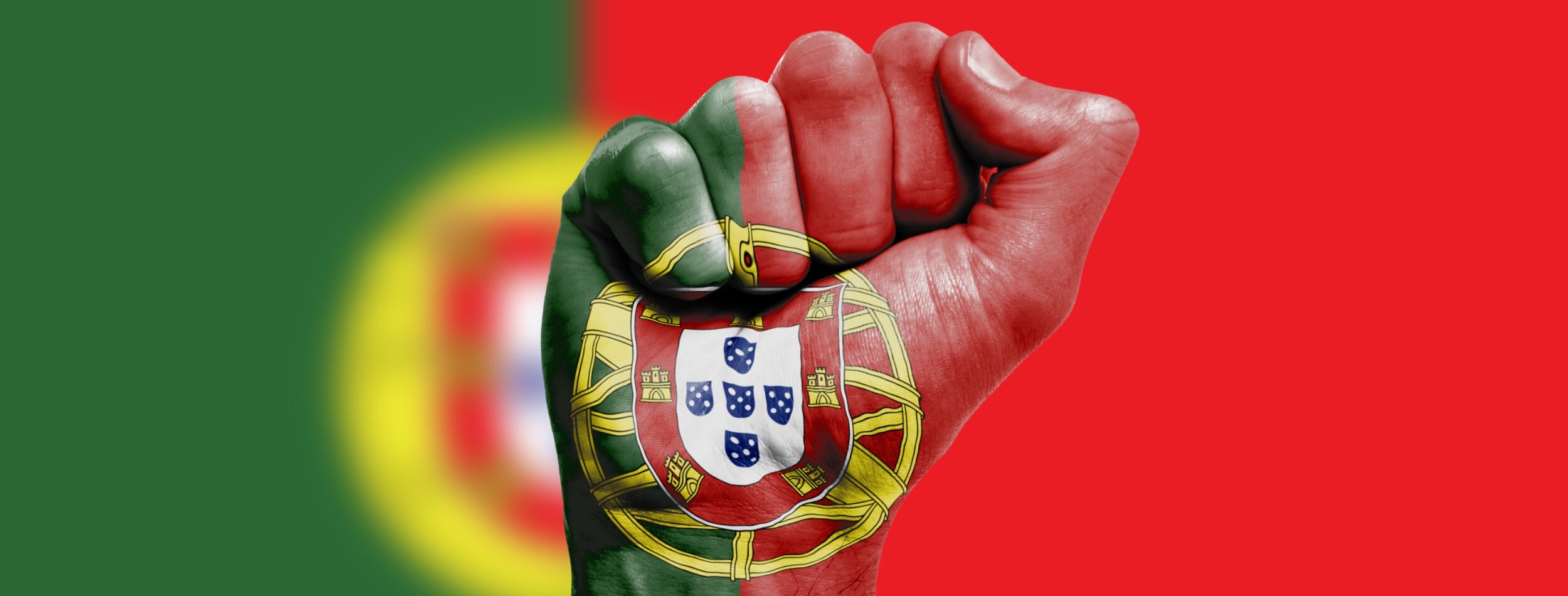Movement of the Portuguese Language

The Portuguese language was first developed in the 3rd century BCE in the Western Iberian Peninsula. It was brought there by the Latin speaking Roman soldiers and migrants. Latin is the mother of all the romance languages including Spanish and French. These soldiers and migrants began to build cities and towns. They began to trade with other cities and populations. This influenced their language and began to alter it. Portuguese began to really develop from its parent language, Latin, after the fall of the Roman Empire and later, the Barbarian invasions. By the 9th century, it was seen in written papers and documents, and by the 13th century, Portuguese was a complete language all of its own. It now had its own grammar and uses and also its own literature.
Free Quote
sales@thetranslationcompany.com
1.800.725.6498
Receive a quote today!
During the Barbarian invasions in the 5th century, the Portuguese language was greatly affected by the fall of the Roman Empire. The Barbarians were of Germanic origin and though they mostly assimilated into the existing Roman culture and language on the Iberian Peninsula the language of the people still changed.
Europe had entered the Dark Ages. The Dark Ages were a time in history lacking in intellectual development or progress. All of the Roman schools and libraries were closed because of the fall of the Empire. None were reopened because of the Dark Ages. This left the budding Portuguese language to flourish and grow on its own without restrictions.
In the 8th century, an Arabic people called the Moors invaded the Iberian Peninsula. The Moors tried to install Arabic as the language in the conquered regions. However, they were quickly overthrown without making much influence on the language. The influence they were able to leave behind is evident in some of the vocabulary the Portuguese language still employs to this day. These words are used to denote food, agriculture, and crafts.
Free Quote
sales@thetranslationcompany.com
1.800.725.6498
Receive a quote today!
Today’s Portuguese
Today scholars call the native language of the medieval Kingdom of Galicia, Galician-Portuguese. The land belonging to the Kingdom of Galicia originally included what is now the northernmost tip of modern day Portugal. Galician-Portuguese was used for lyrics and song in the Christian kingdoms of the Iberian Peninsula.
Portugal became an independent kingdom in 1143. In 1209, the first Portuguese university was created. It was then that the King decreed that the new language should be used instead of Latin, and that it should be called Portuguese.
